Huddled in the folds of the mountain, its magnificent stone houses and fences are the reason why people have come to call it the “Stone Nest” of the Balkan Range. Life in Iglika is quiet and restful, far from the noise and bustle of the 21st century.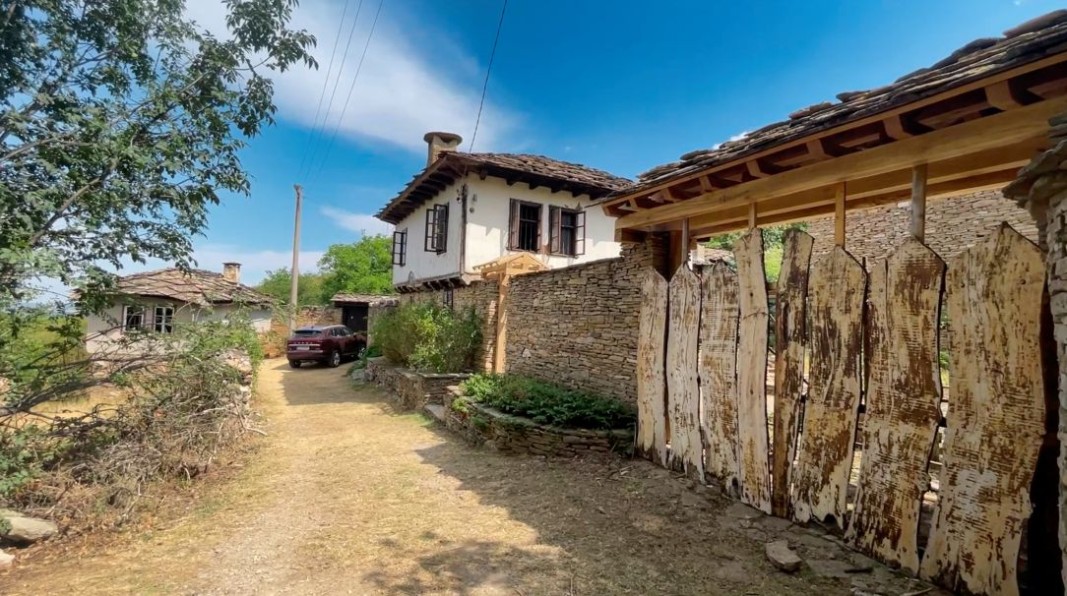
Just 15 kilometres from the town of Gabrovo, Iglika is a village carrying all the typical traits of last century. This off-the-beaten-track stone oasis, untouched by mass tourism, has just 4 permanent residents. Nevertheless, life seems to be flowing back into the village as holiday home owners and the heirs of the houses here return seeking a place far from the city noise and stress. The name of the village is connected with “the first lady of Bulgarian cinema” Nevena Kokanova who spent the last years of her life here, in one of Iglika’s stone houses.
Iglika’s old name, until 1952, was Chumatsite, and the villagers were once skilled carpenters, says Kiril Andreev who owns an old house in the village: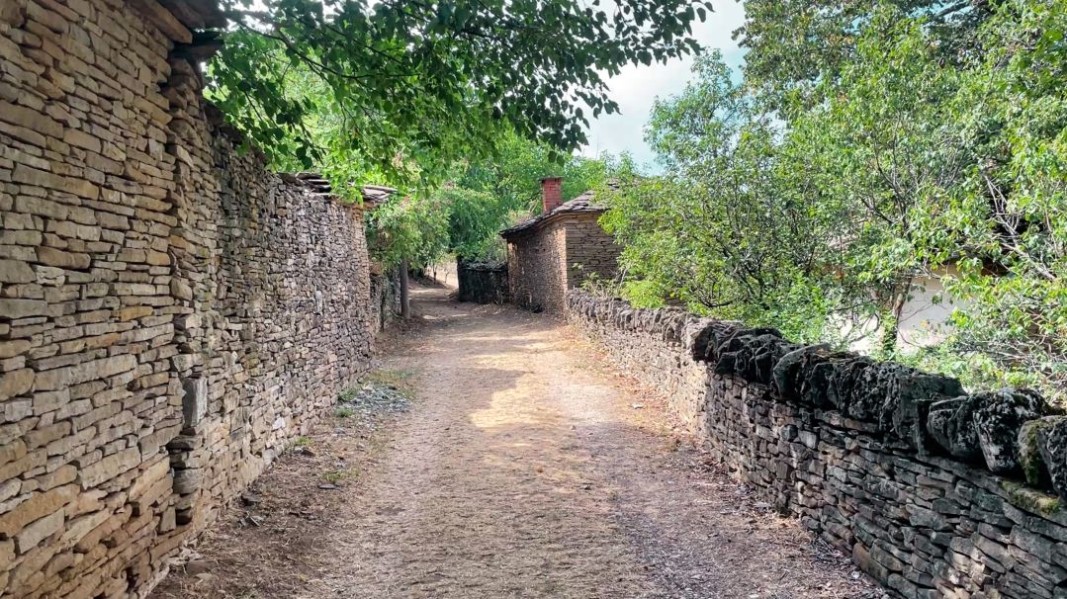
“This is stonework cemented with mud, i.e. the soil which is mixed with water is clay and it is used as cement. Mud mortar was used to build the houses, “clean” mortar, without mud, was used to build the fences and the barns. I’ve read that when they wanted to build a house, people would spend 4-5 years collecting the materials. They started with the stones. Take a look at the corners, at the precision – they are so sharp you can literally cut yourself on them, and these stones have not been cut. They would then collect the beams, and of course, the roof tiles. Regrettably, there are no longer master builders capable of laying roof tiles like that,” says Kiril Andreev.
Iglika is the filming location for the Bulgarian films Vampire and Evenings at the Antimovo Inn starring Nevena Kokanova, and in 1984, the actress chose the village to be her refuge. She bought an old house here and spent the last years of her life (she died in 2000) in Iglika. The house is now taken care of by her daughter. 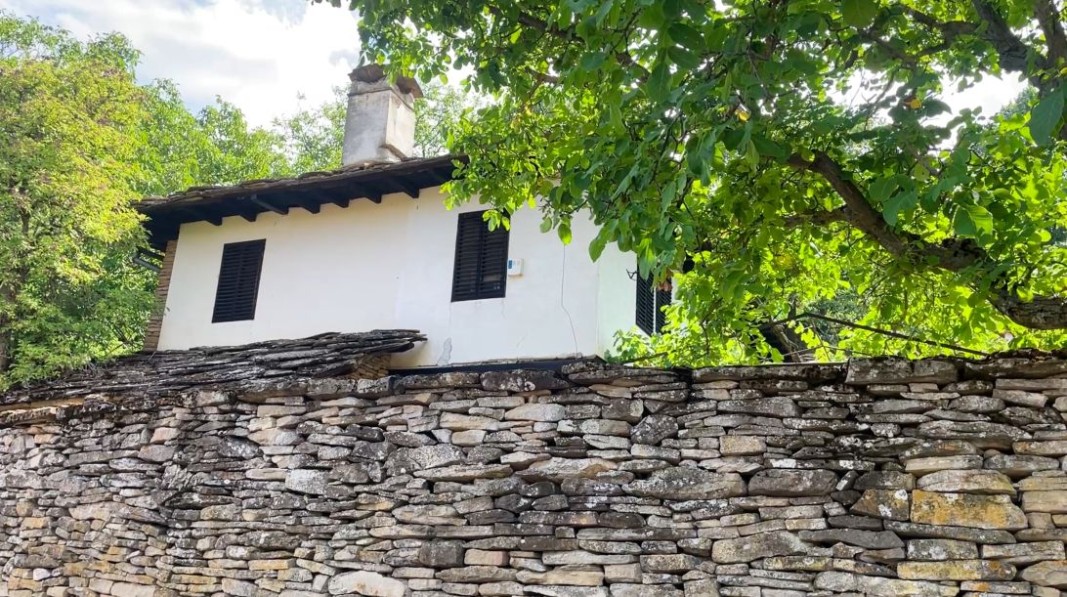
Though it has just 4 permanent residents and only 20 houses are lived in, the village has its own chitalishte (community culture club) which organizes all kinds of cultural events – concerts, literary readings and other initiatives bring in sizeable crowds. 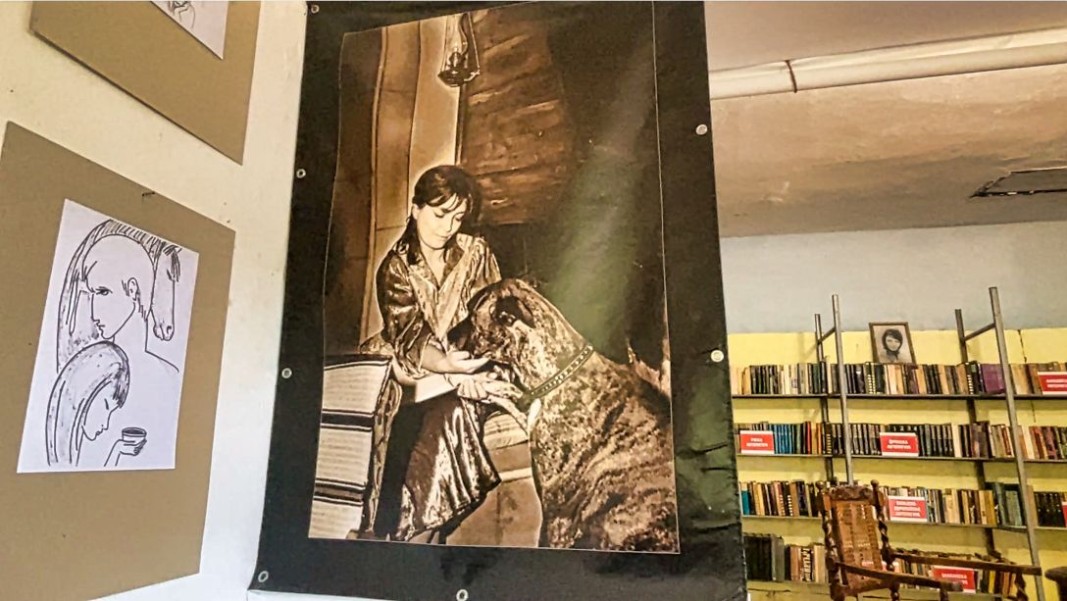
The most prized of the chitalishte’s exhibits are the drawings by Nevena Kokanova herself, who is patron of the chitalishte. Her works, created with precision and attention to detail, reveal a rarely seen aspect of her personality – an observant artist with a lyrical view of the world.
Kiril Andreev shows us other exhibits connected with Nevena Kokanova: 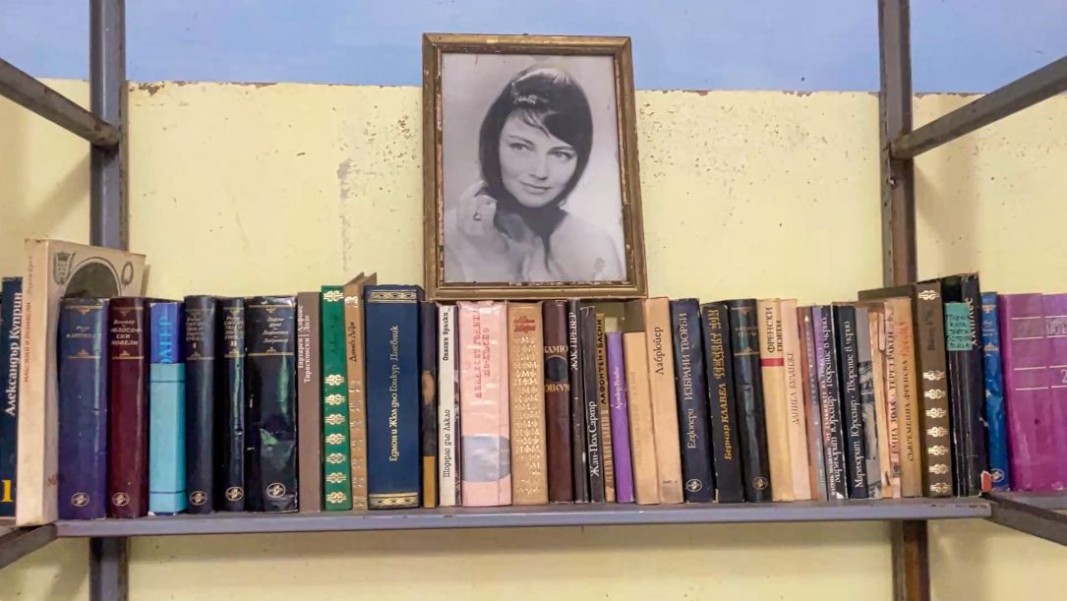
“What you see here is Nevena Kokanova’s personal library which was donated to the chitalishte by her daughter. Last year, or maybe the year before last, she spent 10 days here cataloguing all books in the library. Interestingly, most of the books were autographed and gifted her by the authors themselves. We cherish them because they are so valuable.”
At the beginning of August, more than 1,000 old Bulgarian hand-woven carpets were put on display in the meadows in the vicinity of the village in a first of its kind – Iglika Carpet Fest, transforming the village into a living and breathing museum of Bulgaria’s heritage.
More:
Translated and posted by Milena Daynova
Photos: Veneta Nikolova
In a small village hidden in the heart of the Devetashko Plateau, life pulses with admirable energy. Karpachevo has become a symbol of how a community, united by a shared purpose, can defy demographic decline and breathe new life into a fading region...
The panoramic platform “The Peak,” a beloved spot among tourists in the Rhodope Mountains, has been renovated. On the initiative of the “Krepostta – Mogilitsa” Tourist Association, the facility - located at 1,351 meters above sea level - was repaired..
The National Tourism Board will create a cultural tourism calendar for the country, announced Martin Zahariev, Deputy Chairman of the Board, during the "Destination Bulgaria in Focus for 2026" conference, as reported by the Bulgarian News Agency (BTA)...

+359 2 9336 661
